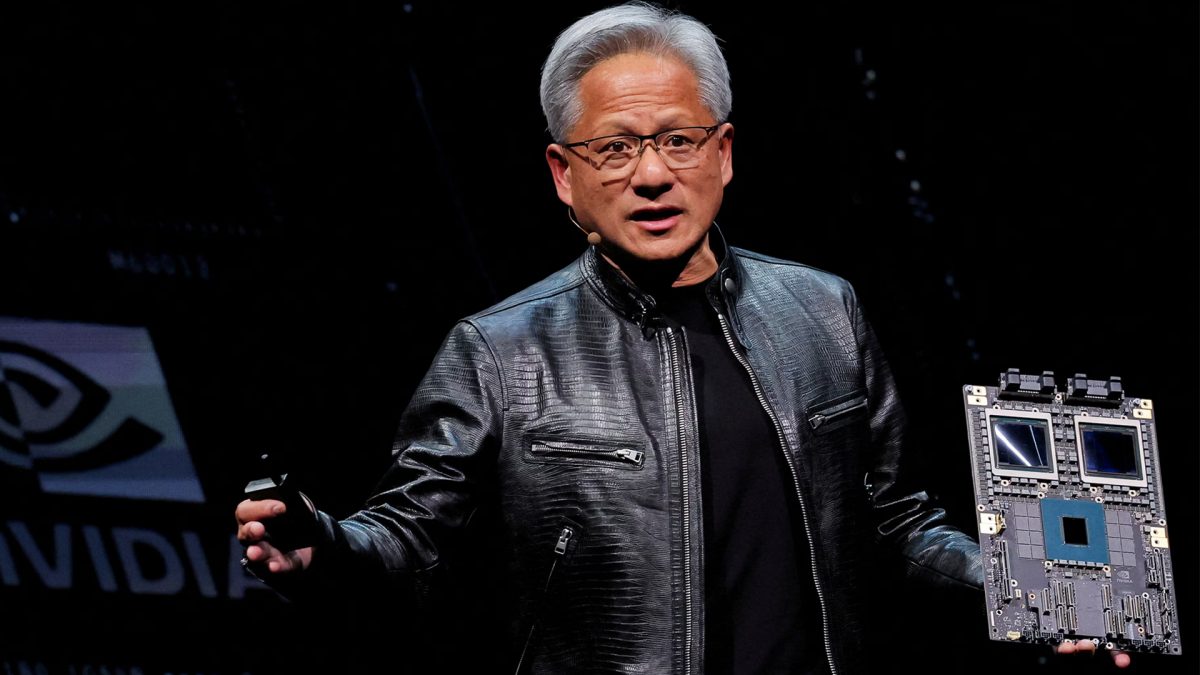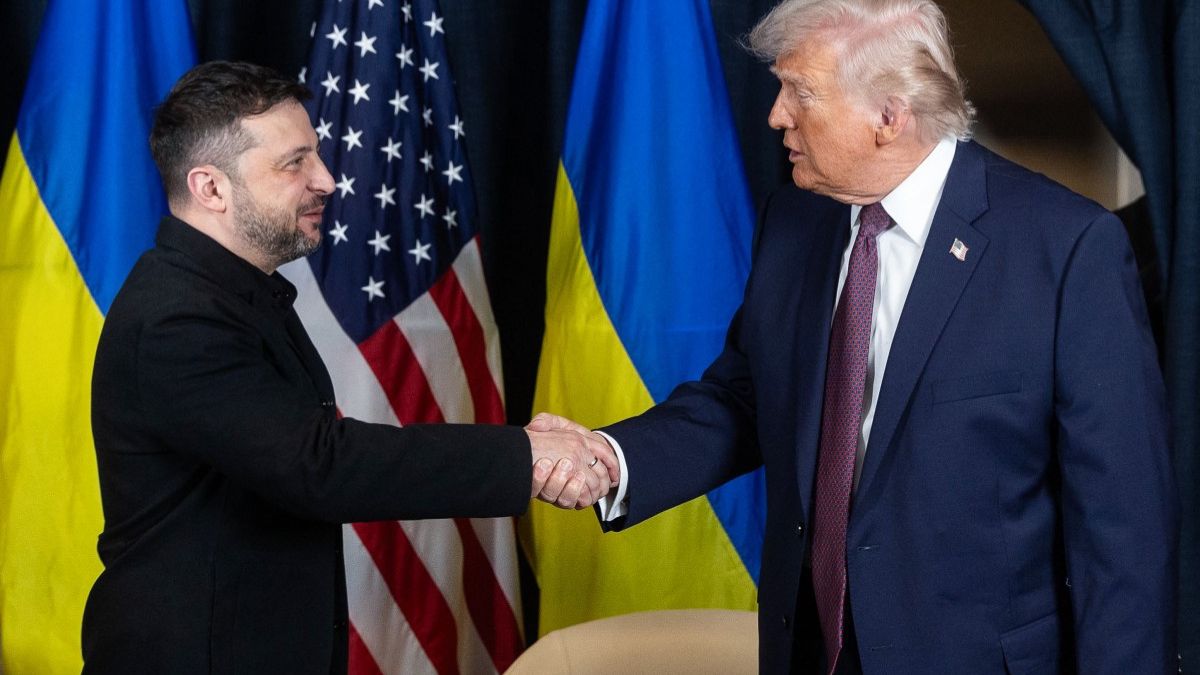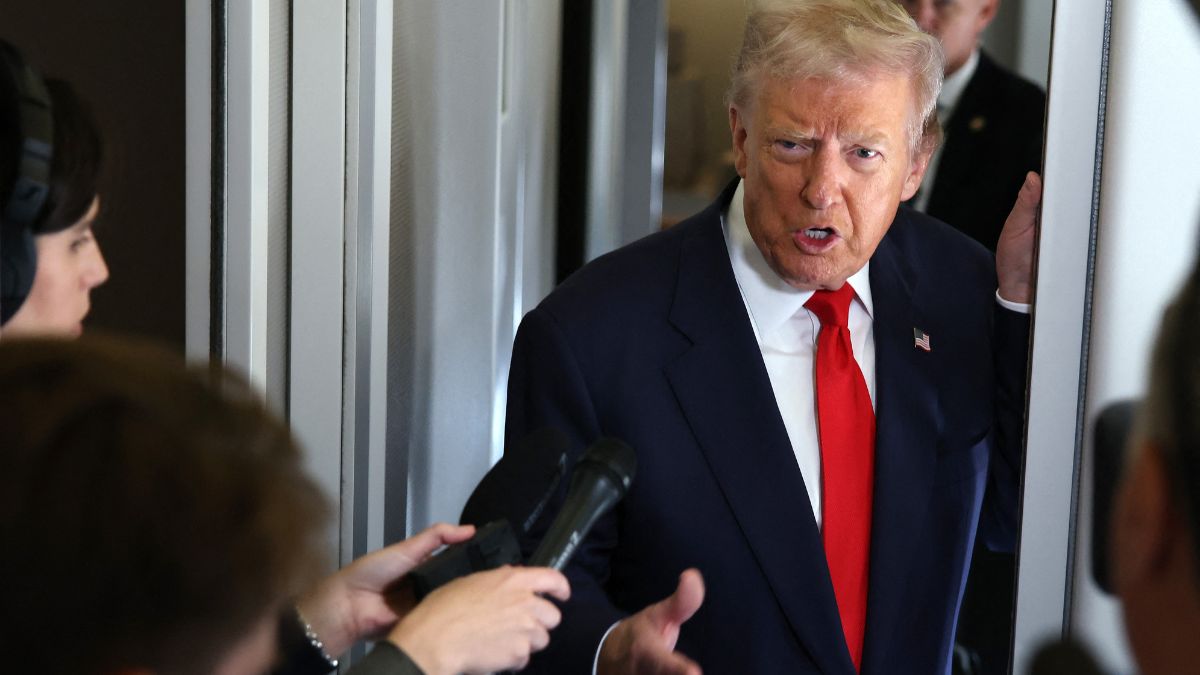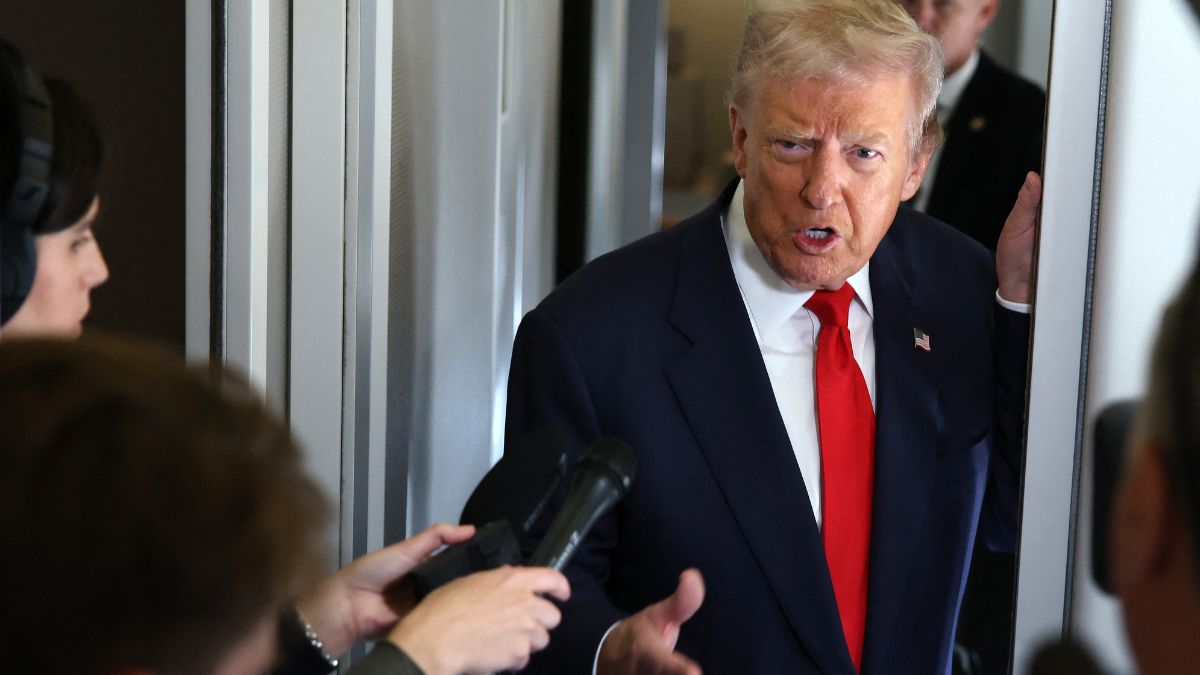US officials are investigating whether Chinese AI startup DeepSeek circumvented US export restrictions by purchasing advanced NVIDIA semiconductors through third parties in Singapore. These chips, crucial for AI tasks, are banned for sale to China under US regulations. The probe follows the release of DeepSeek’s R1 chatbot, which rivals US-developed AI tools, prompting concerns about China’s growing capabilities in artificial intelligence.
R1, which has impressed engineers for its efficiency and low cost, has led some industry experts to question whether DeepSeek’s success is built on Western technology. DeepSeek has not commented on the matter, but US officials are focused on whether the company used intermediaries in Singapore to bypass restrictions on NVIDIA chips. The US government, including White House and FBI officials, is investigating this potential circumvention.
NVIDIA’s Role and the AI arms race
Several experts, including Elon Musk and Howard Lutnick, nominated to head the US Commerce Department, recently suggested that DeepSeek had found ways to avoid US sanctions. As the department responsible for enforcing semiconductor trade restrictions, Lutnick stressed the need to stop China from using US technology to compete in the AI field. “If they are going to compete with us, let them compete, but stop using our tools to compete with us,” Lutnick said during his confirmation hearing.
The controversy underscores tensions over AI technology’s strategic importance. DeepSeek’s R1 chatbot is seen as a significant competitor to US platforms like OpenAI, as it mimics human reasoning and could disrupt the AI market. With China advancing rapidly in AI, concerns have grown about the effectiveness of US efforts to limit China’s access to critical technologies, especially as AI’s role in both economic and military power increases.
US export restrictions and efforts to tighten controls
The US has long imposed export restrictions on certain semiconductors and related production tools to limit China’s access to advanced AI technologies. These measures aim to prevent China from gaining a technological edge that could have military implications. However, recent developments around DeepSeek have raised doubts about the effectiveness of these controls.
DeepSeek’s V3 AI model, released last month, is believed to have been trained on NVIDIA’s H800 chips. After the Biden administration imposed a ban on these chips in October 2023, NVIDIA developed a less capable alternative, the H20, for the Chinese market. US officials are now considering whether to impose additional restrictions on the H20 chips, continuing a policy debate that began at the end of President Trump’s term.
In response to concerns about intermediary countries, the Biden administration expanded its export controls in 2023 to include more than 40 nations, including many in the Middle East and Southeast Asia. However, Singapore was not initially included in these restrictions. In 2023, Biden’s administration further expanded the controls, requiring licenses for large shipments of chips to Singapore, while smaller shipments are now subject to notification.
Singapore’s role and growing scrutiny
Singapore has become a focal point due to its strategic role in global semiconductor trade. Although it accounts for about 20 per cent of NVIDIA’s revenue, most shipments linked to Singapore are destined for locations other than the country. US lawmakers have raised concerns, calling for stricter controls on shipments to Singapore to prevent chips from being diverted to China. Representatives John Moolenaar and Raja Krishnamoorthi have urged National Security Advisor Mike Waltz to enforce stricter oversight on Singapore’s role in the semiconductor trade.
As the investigation into DeepSeek continues, it reflects the ongoing challenges in managing global semiconductor trade and controlling access to AI technologies. The outcome of this probe could have significant implications for US-China relations and the future of AI development.


)

)
)
)
)
)
)
)
)



